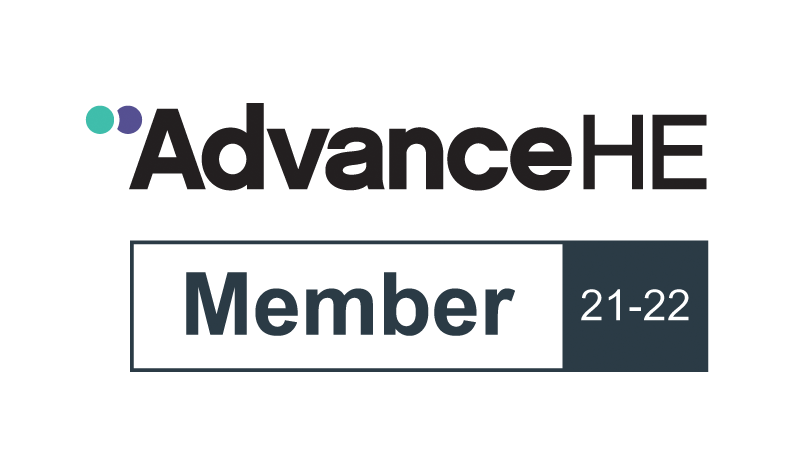COURSE INFORMATION
In a world where cyber security breaches affecting our data are a regular occurrence, this course combines theory with hands-on practical work in areas such as forensics, network security and ethical hacking to help you gain an understanding of the threats and vulnerabilities that digital systems bring and how to mitigate against them.
You will be introduced to the characteristics of cybercrime and principles of security as well as technologies and procedures to protect and defend networks in line with current cyber security legislation.
Reflecting rapidly growing business needs, you will learn procedures to implement data confidentiality, integrity, availability and security controls on networks, servers, and applications, building both technical and professional skills to pursue an exciting career in cyber security.
- Study & research skills
- Communication
- Problem solving
- Knowledge of digital security
- Digital forensics
- Ethical hacking
- Networking and computer hardware
- One year full-time
- There will be an element of online learning
- Computer architecture
- Computer networking: concepts, practice and introduction to security
- Computer programming
- Data security
- Digital forensics
- Ethical hacking
- Social engineering
- Intrusion prevention systems
- Scripting for security
- Securing network devices
- Working in cyber security
- Professionalism and ethics in cyber security
- Graded Unit (Exam)
One of the following:
- One Higher at Grade C or above in Computing Science, Maths, Graphic Communication or any Science/Technology subject; plus four National 5s at Grade C or above, including Core Skills Level 5 Literacy
- Foundation Apprenticeship: Information Technology: Hardware/System Support SCQF Level 6 plus four National 5s at Grade C or above
- Advanced Certificate: Computing with Software Development and Cyber Security SCQF Level 6
- Another relevant course at SCQF Level 6
- Relevant industry experience and/or other qualifications will be considered on an individual basis
- PDA in Computer Support
- HND: Cyber Security SCQF Level 8
- It is possible to progress on to a degree at university from this course - see our HE and Degree Pathways guide for more information:
- Cyber security analyst
- Cyber security engineer
- Cyber security consultant
- Cyber security architect
- Cyber security administrator
- Security software developer
- Cryptographer
- Crypto analyst
- Penetration tester
- Ethical hacker
- Digital forensics analyst
- You may be required to take part in an informal conversation as part of the application process. This group/individual conversation may be an information session, a portfolio discussion, or a skills based exercise
- In the case of Fife school leavers, the College will request a Transition Form from your school




